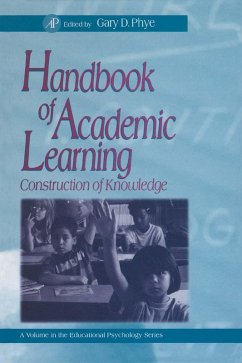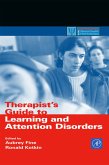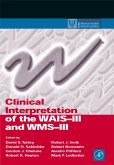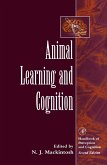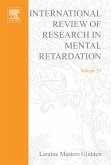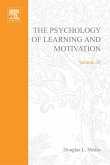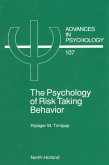The Handbook takes a constructivist perspective to academic learning, emphasizing the construction of personal knowledge of an academic nature. Constructivism within the context of learning theory is viewed as involving an active learner that constructs an academic knowledge base through the development of cognitive strategies and metacognition. The book discusses the development of basic literacy skills that provide the foundation for higher order thinking and problem solving. Constructivism recognizes the social dimension of classroom learning and emphasizes the motivational elements of self-regulation and volition as essential learner characteristics.
Written by authors who have first-hand experience with both theory development and the development of authentic classroom instructional techniques, the Handbook empowers educators to develop, implement, and field-test authentic instructional practices at their school site. The book provides a review of the literature, theory, research, and skill techniques for effective teaching and learning.
Key Features
* Identifies effective teaching with specific techniques
* Covers elementary school through high school
* Discusses teaching methods for all main subject areas: reading, writing, math, science, and critical thinking
* Identifies how students learn to learn
* Reviews theory, research, techniques, and assessment
* Contains field tested examples for the educational professional at the school site
* Provides a resource for staff development
Dieser Download kann aus rechtlichen Gründen nur mit Rechnungsadresse in A, B, BG, CY, CZ, D, DK, EW, E, FIN, F, GR, HR, H, IRL, I, LT, L, LR, M, NL, PL, P, R, S, SLO, SK ausgeliefert werden.

